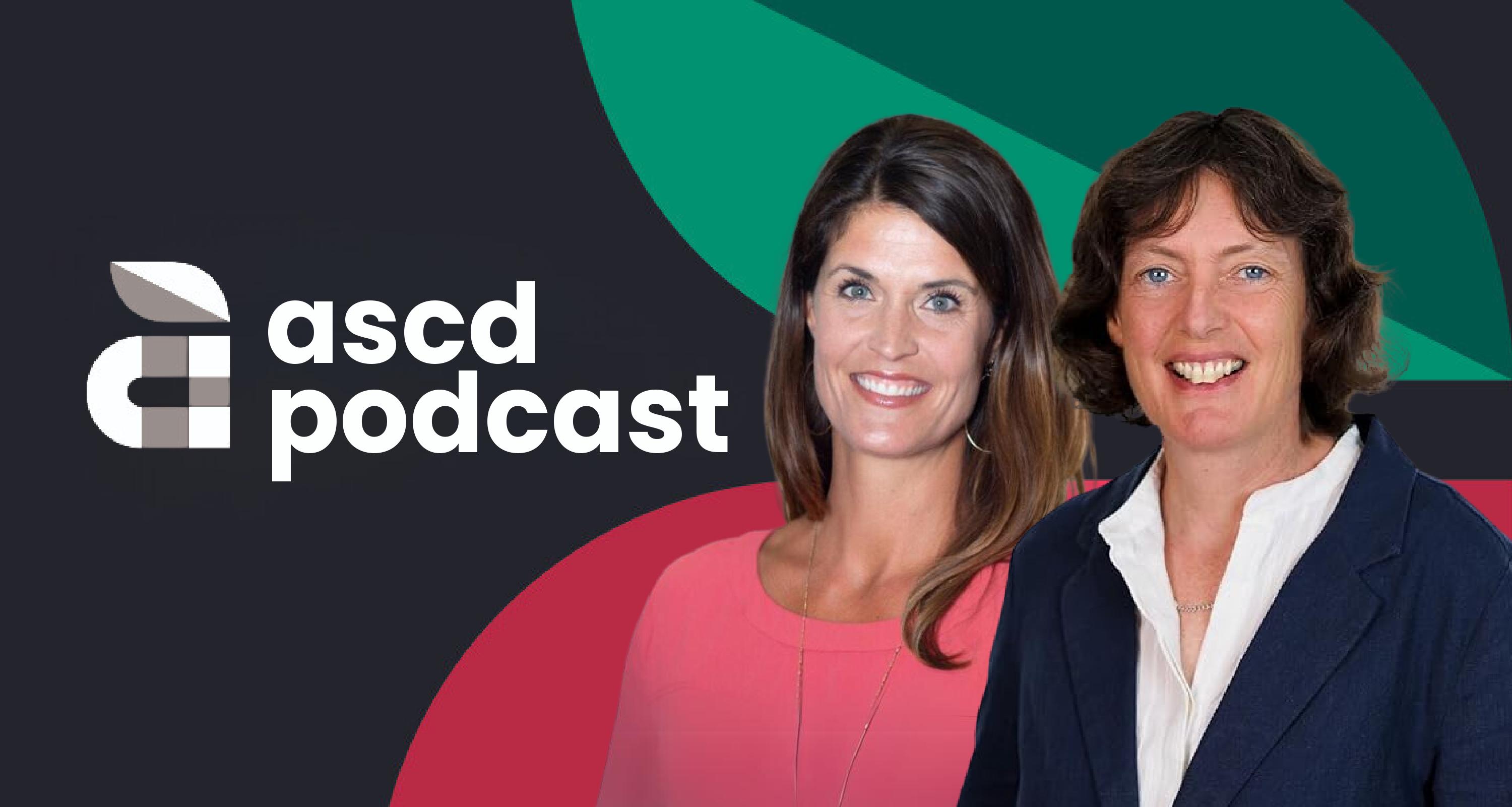In Finding Your Leadership Soul, Carlos Moreno shares his journey from a challenging childhood in the Bronx, to teaching and advising at an innovative high school, to serving as co-executive director for an organization that works to advance equitable, student-centered education. Along the way, he introduces several young Black and Latino men he worked with—students who came from backgrounds similar to his and who helped shape his philosophy of leadership. He mines lessons learned from his connections with these young men and distills those lessons into practical application.
We talked with him about what leadership soul is, how leaders can cultivate this mindset and way of working, and what he hopes educators will take away from his book.
What is the “origin story” of your book? Where did the original idea to write it come from?
In Ghana, the Akan people have a word in the Twi language—Sankofa— that literally means “to go back and get it.” In simpler terms, our past is a guide to our futures. Having lost three of my students that I knew intimately well during my days as a teacher and school leader, I’ve always known that I wanted to honor their memory, but wasn’t always sure how. It turns out that Finding Your Leadership Soul is the how. Their stories have remained with me, and I often find myself thinking about their experiences and our relationships. They were each uniquely talented, compassionate, brilliant, sharp, and tremendous human beings. Through their stories, it’s been my hope (and intention) to draw out what I have learned from knowing them, working with them, and reflecting on the passions that they possessed and personified.
My goal as an education leader has been constant: to lift and center the best interests of the young people we serve. When I began teaching, I hoped that my presence would make a positive impact on the education experiences of my students. I soon realized that these young people would in turn have a tremendous impact on my own learning and development as an educator, leader, parent, and human.
I hoped that my presence would make a positive impact on my students. I soon realized these young people would have a tremendous impact on my own learning.
What is a leadership soul, and why is it so important?
Leadership soul challenges and disrupts traditional approaches to teaching and leading Black and Latinx youth, who have had their capabilities denigrated, their cultures dismissed, and their very being blamed for so-called achievement gaps. Education change efforts exacerbate persistent inequalities by advocating policies and practices that ignore structural barriers like racism, segregation, and poverty. Too many currently celebrated ideologies and practices suggest that attitude adjustments, self-control, grit, and bootstrapping are the foundations for success. These out-of-touch approaches alienate Black and Brown students and diminish the invaluable role of informal learning experiences.
Leadership soul is built on three pillars: love, care, and vulnerability. In the context of education, love is a deep commitment to educating learners in a way that seeks their empowerment and upliftment. Author and activist bell hooks refers to love as a radical act. I agree. To educate with a leadership soul, we must love those whom we lead. Leadership soul challenges educators and leaders to bring their authentic self to their work, sharing their own experiences to create deeper bonds with students and colleagues.
In the book, you focus on the stories of a few students you encountered in your career. Why did you choose these particular students to highlight?
To be honest, there are many young people I could have centered and written about. But as an act of vulnerability—an act of leadership soul—I chose young people who I most clearly see my younger self in (which is why I also tell the story of my younger self in the book). As a Black man—specifically, Afro-Caribbean and Afro-Latino—I see myself in many of the young people I work with. But, far too often, these same young people don’t have the opportunity to see themselves in their teachers and leaders. This book is, in part, a challenge to the system to raise up teachers and leaders whose experiences more closely resemble those of their students. I also note that while this book prioritizes the experiences of Black and Brown young men, I do recognize and salute the significance and importance of work focused on Black and Brown young women.
Carlos Moreno with advisory students at The Met school in 2006. Photo courtesy of Carlos Moreno.
What is one takeaway you want readers to get from your book?
I want people to remember that there is humanity in the profession of teaching and leading. Indeed, humanity should be at the very center of teaching and leading. Leadership is not a destination, it’s a journey. As leaders, we are often far too guilty (as is the system) of ignoring our own wiring, our own histories, our beliefs, practices, and souls.
There is humanity in the profession of teaching and leading. Indeed, humanity should be at the very center of teaching and leading.
I love the letters scattered throughout the book that you write to yourself and to other important people in your life. Why did you choose this letter format?
I’d never written a book before and, I’ll admit, there is some fear and trepidation that comes with staring at the blank page. Letters were never meant to be part of the final product, rather it was an approach that my friend and colleague Chris Jackson recommended that I use to begin getting the writing juices flowing when I was trying to think about how to tell the story of each of the young men I’ve centered. But writing the letters became such a personal experience—and I’ve argued that leadership soul requires acts of vulnerability—that it started to make sense that those letters should be part of the book. They’re also exactly what they are—letters. The recipients of these letters—family members of the young men profiled—have received and read the letters. They’re more than just chapters of a book to me and to them.
What’s the best piece of advice you ever got about teaching?
One powerful piece of advice I received early on was to be sure to foster a positive and inclusive learning environment with my students, collectively and individually. Take time to know them well—not just what they know, but who they are. Creating an atmosphere where students feel valued, respected, and supported allowed me to best support them. And made me a better person, teacher, and leader along the way.
Finding Your Leadership Soul
In this transformative narrative, Carlos R. Moreno explores what it means to develop Leadership Soul by approaching educational leadership with love, care, and vulnerability.









